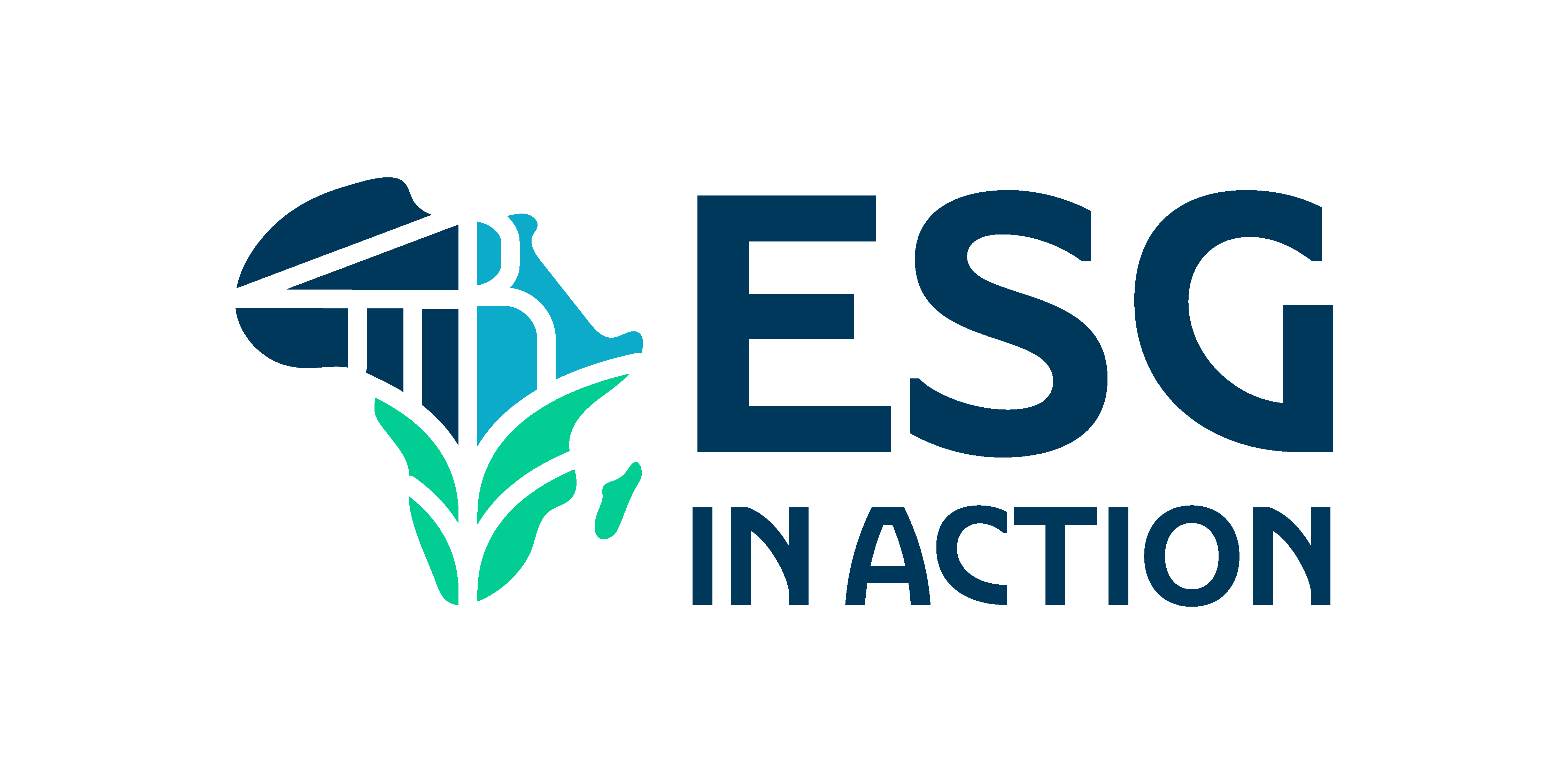
ESG and Stakeholder Management: The Case for Accountability, Transparency and Authenticity


ESG (Environmental, Social, and Governance) principles with stakeholder management have become essential for present-day organisations looking to succeed and make a positive impact. This is because ESG is more than sustainability reports, it’s a compass through which an organisation can navigate its relationships with stakeholders.
According to Larry Fink, CEO of BlackRock, to prosper over time, every organisation must not only deliver financial performance, but also show how it makes a positive contribution to society. This benefit must include all stakeholders, including shareholders, employees, customers, and the communities in which they operate.
Now let’s explore the symbiotic relationship between ESG and effective stakeholder management, and make a compelling case for accountability, transparency and authenticity as the driving forces behind a harmonious and prosperous future for all concerned.
ESG: The Global Evolution and Trends
Across the globe, ESG has moved beyond being a niche concern for environmentally-conscious consumers and activist investors.
Instead, it’s now a mainstream consideration that influences the choices of consumers, investors, regulators, and employees. Organisations that take ESG seriously manage risks efficiently, identify opportunities and do better in the markets where they operate. This isn’t limited to one place; it’s a global trend across different sectors.


For example, a 2021 Mckinsey study found that high ESG-rated businesses outperformed others financially by 4–6% over a decade. In 2020, a Harvard Business Review study also noted that strong ESG-rated organisations were more resilient during the COVID-19 pandemic. We covered this extensively in a previous blogspot where we talked about the connection between ESG and brand value.
Accountability: The Driving Force
Over the years, one core element has remained constant: Accountability is at the heart of ESG and effective stakeholder management. There are many aspects to engaging with stakeholders, but without deliberate and conscientious accountability, they are incomplete. Accountability means holding oneself responsible for ESG goals and commitments. It involves recognising your problems, creating solutions, setting targets, measuring progress, and taking corrective action when necessary. It is also vital to do this openly for your stakeholders to observe and track. Organisations that take accountability seriously are more likely to achieve their ESG objectives and ambition, building trust with stakeholders.


A recent example can be seen in the sustainability report video released by Apple Inc in September this year. The video offers a curated view of Apple’s Corporate Sustainability Goals (CSG), showcasing the tangible steps the company has already taken towards sustainability. It described the current status of their ambition to be carbon neutral by 2030, also highlighting the areas where there was still work to be done. The reception has been mixed, but it seems most stakeholders are welcoming this action-oriented approach.
Transparency: Building Bridges
Transparency is the bridge that links accountability to authenticity. Stakeholders need to understand how an organisation is approaching ESG and what progress it is making.
This transparency extends to disclosing not only successes, but also challenges and setbacks. Organisations that openly share their ESG journey, including their missteps and lessons learned, foster a sense of partnership with their stakeholders.


When your organisation embraces transparency of data, it fosters confidence among stakeholders such as investors, employees, consumers, and regulators. This is why ESG can help you ensure accurate and transparent disclosure of sustainability-related information, which can cultivate long-lasting relationships with stakeholders and drive positive change across your business landscape.
The Task Force on Climate-related Financial Disclosures (TCFD) gives organisations a blueprint for being transparent. It tells them to share info about climate risks and opportunities in their financial reports. This openness helps investors and others make smart choices and makes sure companies stick to their ESG promises.
Authenticity: The Foundation of Trust
Organisations must genuinely commit to ESG principles, as authenticity forms the foundation of trust. Stakeholders, whether they are customers, employees, investors, or regulators, can easily tell the difference between a sincere ESG commitment and mere greenwashing.


You see, in today’s business and corporate economy, authenticity is paramount for organisational success. Why? Stakeholders are no longer passive; they are now better informed and responsive when it comes to ESG practices. Consequently, deception and unethical conduct are paths you don’t want to tread if you want your organisation to remain socially and economically relevant.
Take, for instance, Patagonia, an organisation renowned for its unwavering dedication to environmental and social causes. Patagonia’s customers recognise the alignment of the organisation’s values with their own, fostering a sense of shared purpose and trust. This trust leads to strong brand loyalty, a crucial factor in today’s fiercely competitive market. This is why they are one of the top global brands today.
The ESG Journey: A Holistic Approach
The journey toward authentic ESG integration is a multifaceted endeavour that touches every aspect of an organisation’s operations. It starts with a commitment from the highest levels of leadership and permeates throughout the organisation.


With this in mind, here are some key areas where authenticity, transparency, and accountability can make a significant difference:
- Environmental Responsibility
Authenticity in environmental responsibility involves not only reducing greenhouse gas emissions but also conserving resources, minimising waste, and supporting biodiversity.


Transparency means disclosing your environmental impact data, and accountability entails setting science-based, achievable targets, and tracking progress.
- Social Impact
Authenticity in social impact includes fair labour practices, promoting diversity, equity and inclusion, and a keen focus on people and their wellbeing. Transparency entails sharing workforce data and information about social programs, while accountability requires establishing DEI goals and assessing the outcomes of community initiatives. When considering social impact, prioritise people over activities.


Plan with their needs in mind, and not just your interest. Interestingly, prioritising their needs could invariably promote and support your agenda.
- Governance Excellence
Authenticity in governance means upholding ethical standards, ensuring board diversity, eliminating corruption and maintaining strong corporate governance. Transparency involves disclosing governance practices and executive compensation, while accountability entails regularly evaluating board composition and effectiveness.


As mentioned earlier, there has never been a time like this when stakeholders have been more intolerant of unethical practices. Therefore, your organisation needs to align its actions with its stated values if it intends to uphold a reputable brand image.
- Supply Chain Responsibility
Authenticity in the supply chain encompasses ethical sourcing, labour conditions, and product safety, ensuring that every link is responsible.


- Transparency involves openly sharing supplier audits and assessments, allowing stakeholders to understand the journey of each product. Accountability means taking swift corrective action whenever supply chain issues arise, reinforcing commitment to responsible practices and continuous improvement.
Conclusion
Organisations that embrace authenticity, transparency, and accountability in their ESG practices create and protect value for stakeholders and themselves, positioning themselves as leaders in a world where responsible business practices have become paramount. An organisation’s ESG journey might be challenging, but it is worth embarking on, as it leads to stronger relationships with stakeholders, enhanced brand equity and resilience, delivering a sustainable future for businesses and our planet.



